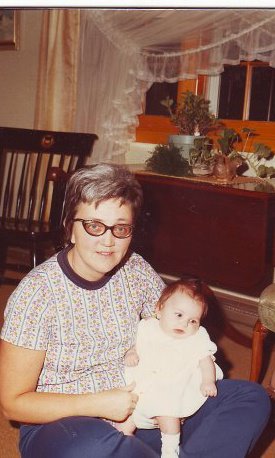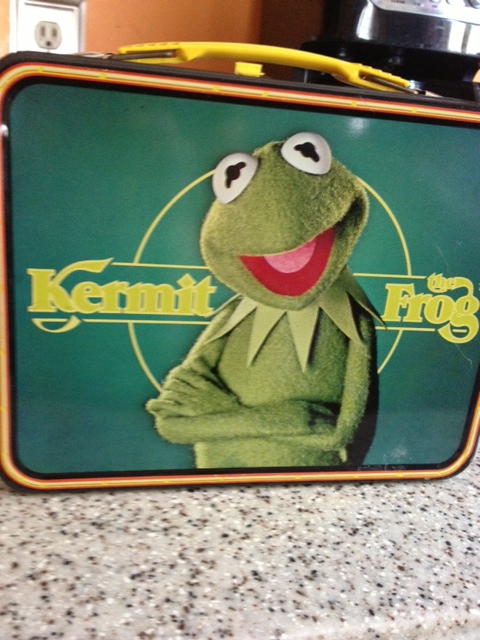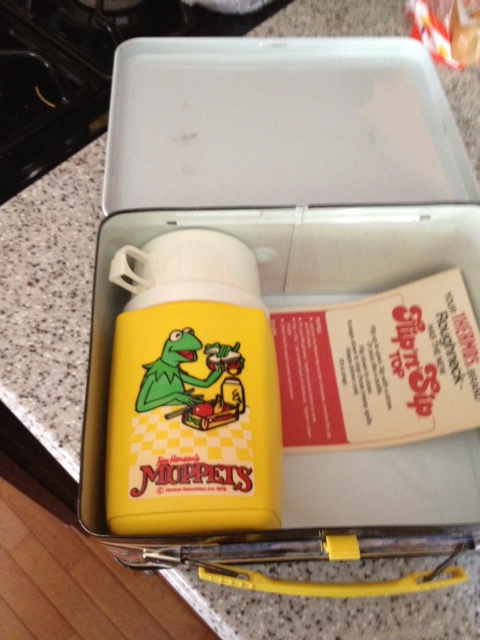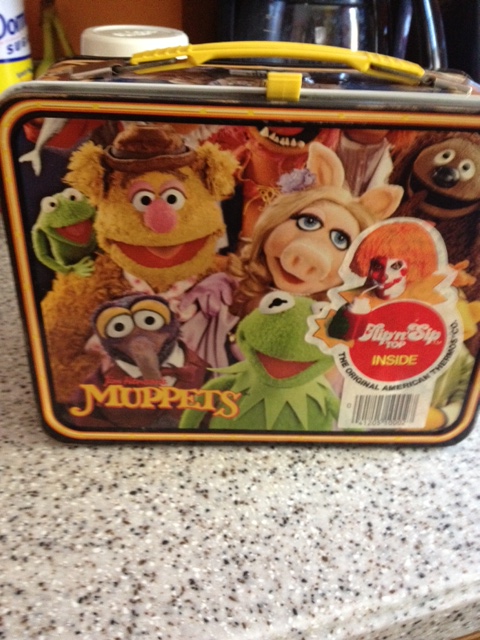Every autumn, my town holds a celebration that includes a parade down main streets to show our local pride. The parade includes kids, parents, community leaders and business owners who march with sports groups, schools and scouting troops. Last year, I marched with my youngest child in a school group. Parents were required to accompany their kid. It was a not a “drop off event,” according to the school’s email with instructions.
As a small group of us gathered at the end of the parade, we noticed one child did not have a parent. We asked her questions “Was her mom with her in the parade?” No, she told us. “Is she coming to get you?” Yes, the girl answered. Other than that, she offered us no other information.
That’s when the tongue clucking and the finger waving began among the group of parents standing around the girl. How could this parent be so irresponsible? Clearly this was the child of a lazy, neglectful mother who did not read the school email instructions. In a matter of minutes, it was decided that we needed get a police officer and report this heinous situation.
“I don’t think we need to involve the police yet,” I said, knowing that doing so would result in, at the very least, a very awkward conversation for the parent to have with the cop. “Let’s wait a bit. It was likely just a misunderstanding.”
But I was solidly in the minority, and the fevered cry to report this monstrous parent and turn the child over to police grew as the minutes ticked by. I continued to suggest we just sit with her and wait for the mom to show up.
“I think you’re giving this parent TOO MUCH CREDIT!!!” one mother barked at me.
Just as the young girl was about to be led by the hand up the street to where a busy police officer was conducting parade traffic, the mother arrived – flustered and embarrassed.
“Thanks, moms, for watching her. There was a mix up with my friend.”
It turns out the girl had, after all, been left to march with a responsible adult – who lost track of her quite by accident.
Relieved, and vindicated, I left, as several of the others stayed behind to continue to talk in hushed, disgusted tones about her.
Shame on you, and you, and you….
While things ended without a police report that day, for many other parents who dare to make a decision that others don’t agree with in this country, things don’t go that well. Like a Texas mother, who recently allowed her six year old outside to play with his older sister. As they played on a bench within view of her house, a “helpful” neighbor took note and decided to intervene. She brought the child home, because she thought he should “be inside” with an adult. The mother was later subjected to a visit from police, as well as one from Child Protective Services, during which they interviewed all of her children and the kids were asked questions ranging from whether or not they were ever abused, to if they had ever been forced to watch pornography.
There is also the case of a Chicago mom who allowed her four year old to sit in her locked, alarm-secured car for five minutes on a mild day while she went in to a store to get him some headphones. The incident was recorded on a smartphone by a bystander – who then called police on her. The result was a two-year-long court battle, and a criminal charge for the mother.
In the words of an old SNL/Weekend Update bit: Really?
The village has collapsed
Almost 20 years ago, Hillary Clinton published It Takes a Village – a book about the impact and importance of different people on a child’s life – with a title based on an African proverb. The title soon became common vernacular among parents.
A close friend of mine used to help me out when I was a new mother and would often babysit my oldest child on short notice.
“Thank you so much!” I would always gush. “You did me a huge favor.”
“No problem,” she’d always say. “It takes a village.”
But years later, folks, I’m here to say that the village is gone. Abandoned. The village is now a burned out city block with no green space and an old play set with a creeky swing that hasn’t been used since the Eisenhower administration.
In its place is a subdivision of beautiful, newly constructed homes and a shared playground where middle class mothers gather with lattes to discuss what their kid had for breakfast, and who insist on standing over a four year old while he slides down the slide lest he hurt himself.
Inside these homes, in this new village, is a virtual community of children and teenagers who rarely play with neighbors, but who gather on their Xboxes to shoot and stab each other on Call of Duty. Meanwhile most have likely never even learned how to use a pocket knife to whittle.
This new village sucks – and it’s boring.
How did we get here?
Parenting was, in the beginning of time, simply a biological extension of the human experience. Then it became necessity to have children as kids were expected to support family and hunt game or work on farms. Now that having children is largely a choice that can be controlled and planned for most parents, we have professionalized and controlled it to the point of insanity – and it’s not doing anyone any good. We are so engrossed in ensuring the most safe, secure and “normal” experience for kids that we cant see beyond our own agenda – and we are hellbent that everyone needs to raise kids the same way that we do. We shame, point fingers and call the police on any parent who might allow their children any version of independence we ourselves are not comfortable with.
I miss the village I grew up in. It was a village where I could run to a neighbors house unannounced after school without a “playdate” arranged in advance. One where I could spend hours in the woods with other kids building forts or skating on ponds, not an adult in sight. Sure, there were inherent risks to what I was doing – there are with anything. But I never felt like I was in danger. In fact, I felt energized and excited about the next thing I might discover out there. These are some of the most cherished memories of my childhood – and ones my own children will likely not be entitled to have themselves.
Growing up in the 70’s and 80’s, where the leash was much longer for kids, I was allowed to do “risky” things all the time. Every time my parents dropped me off at the mall with friends, or allowed me to go out exploring in the woods alone, they took a leap of faith that I’d be safe, and that I was self-sufficent and smart enough to take care of myself for a while. Our kids deserve the same.
So, while I realize we are likely never going back to the days where kids can head out and “come home when the streetlights go on,” could we at least find some happy medium? A village where parents are allowed to make their own risk assessments for their children without being judged by other parents – or reported to authorities?
Let’s rebuild
Can we build a village where your kid can stay inside and watch video games, or spend every waking moment playing little league in pursuit of that Division I scholarship, while mine is allowed to walk to the corner store without a parent, or wander in the woods, without being reported to police?
What if instead of judging one another, or calling the cops anytime we see something we don’t like, we took care of another? Or how about if we started by simply having a conversation? What if instead of tongue clucking and finger wagging, we took the time to ask a parent “Why?” in order to reach some common ground on differing choices?
We wring our hands and lament how much time our children are playing video games and spending in front of screens these days, but it is a culture we have created all on our own by becoming terrified of the world outside – and each other. The risk of stranger abduction is tiny compared to the risk of injury or death in a car accident, but yet we continue to shuttle our kids from hockey to soccer everyday in the car. Why?
Maybe instead of rushing to snap judgements, what if we actually got to know our neighbors? Perhaps then more cases of ACTUAL NEGLECT might be uncovered. Like this case in Blackstone, Massachusetts, where a mother essentially hid two of her children in a house of filth. The children were found neglected and sitting in a pile of their own feces by the time the police were called. Didn’t anyone in the neighborhood know this had been going on for years? How did such an egregious case of neglect slip through the cracks?
Instead, we have case after case where a child in a low-risk situation is reported. The end result of most of these cases is a good parent is shamed (and criminally charged) and a middle class child is “saved” from an almost non-existent threat. Yet truly neglected and abused children living in poverty are ignored every day.
If you ever find yourself in a situation where you question the safety of a child, please do a gut check. Is this something you have seen repeatedly? Is this possibly something you’re not comfortable with, but that others might think is just fine? Is this a low risk situation – or is the child truly in immediate danger? Is this something you could reasonably “keep an eye on” for a few weeks before involving authorities (just in case you might be overreacting)? And, for that matter, what do you think will really be gained by involving authorities? Is this REALLY in the best interest of the child? Or are you doing this because it gives you a smug sense of superiority?
Because once you’ve involved authorities, they will be required to follow up and do their own due diligence. This can be frightening and confusing for kids, and embarrassing for parents, at the very least. I’m not saying it’s not necessary to get involved and contact authorities if you think you see something wrong, but does it need to be done THIS TIME? Please ask yourself that – again and again – before you make your next move.
If you were that parent on parade day, and you had asked a trusted friend to march with your kid, and then the worst thing happened – your child was lost for a few minutes – what would you have wanted that group of mothers to do? Would you want to have to explain your situation to police because they assumed your were lazy or neglectful? Or would it have been better to simply retrieve your child, after a simple misunderstanding, from a collection of friendly parents? Please ask yourself that.
I’d like to invite you to help me rebuild our old village. Let’s untether ourselves from the devices and screens and get outside again. Let’s give our kids a chance to experience some freedom and independent playtime without involving the police. Let’s take care of and trust in one another so our children will learn resilience and self-sufficiency. To fall and get up without a parent always standing by to catch. Because every time I read one of these stories about a parent who is “turned in” for what, at most, could be called a questionable choice, I wonder what happened to our sense of community. Why did our village collapse? And the thing I fear most isn’t the unknown, but that our kids have lost their chance to just be children.






